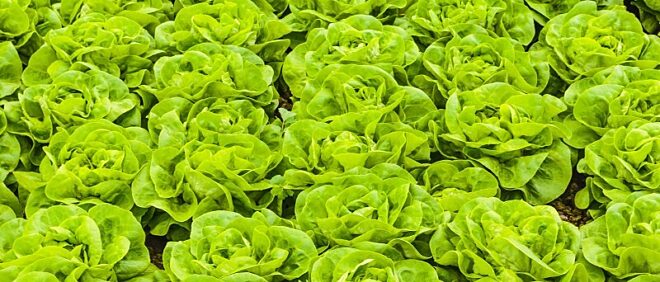
Impact on sustainability, shelf life and nutritional value by vertically farmed leafy greens via a new local supply chain
Access to fresh produce is and will continue to be an issue in the densely populated European cities. Due to the long and complex supply chain up to 40% of the products ends as waste and the nutrient value of the remaining ones is often degenerated at time of consumption.
Access to fresh produce is and will continue to be an issue in the densely populated European cities. Due to the long and complex supply chain up to 40% of the products ends as waste and the nutrient value of the remaining ones is often degenerated at time of consumption. Vertical farming allows local and year-round production of fresh produce with more stable nutrient and shelf life values, while using significantly less environmental inputs. This activity will validate the impact of vertically farmed leafy greens on sustainability, shelf life and nutritional value. In co-creation with end-users of PlantLab’s first European farm in Amsterdam communication frames will be developed and tested to inform consumers about the impact. This will facilitate the expansion of twenty PlantLab farms by 2025, giving 50 million European consumers access to affordable, healthy products and achieving a reduction in 9.000 tons of waste, 62.000 tons CO2, 6,3 million m3 water and 300 hectare of land.
Project lead
Related Projects








